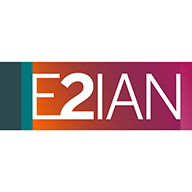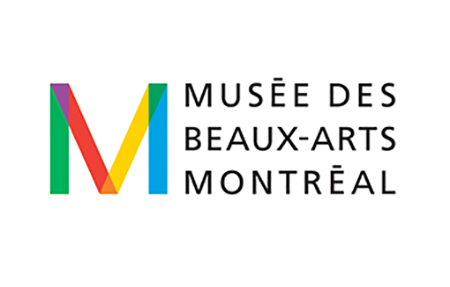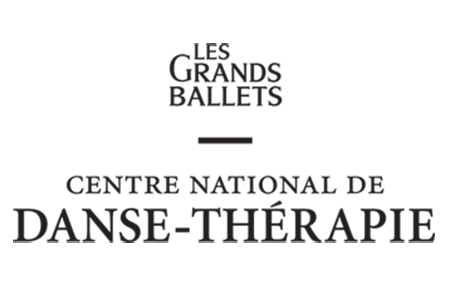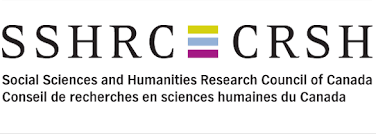
How do we access and trace pre-reflective, often inchoate, ephemeral experiences to understand the particularities of and between neurodiversity?
Tracing ephemeral experiences in aesthetic practices: Immersive listening to workshop a neurodiverse phenomenology
Increasing public awareness and curiosity about neurodiversity, including misunderstandings and stigma about neuro-cognitive and sensory differences, provide added weight to these questions. In this project, we will focus on tracing those more ephemeral or fleeting experiences, most difficult to articulate, in aesthetic practices by using immersive technologies/techniques. Immersive technologies are those that bring us closer to embodied experiences, such as binaural audio recordings, while immersive techniques are those in which listeners are situated in the same audio ambiance, which facilitates deeper listening without words. Aesthetics includes multisensory experiences (the opposite of anesthetic) in addition to the social and cultural values that shape our perceptions, appreciation, and critique of what is considered beautiful. In this research creation project, we approach aesthetic practices as both-and a deep listening that involves all of our senses as well as the practice of aesthetic production.
Research Activities
Park, M. and Grond, F. (2023, June 28). Neurodiversity and the situated brain: Using immersive media to illustrate (the ephemerality of) distributive experience. Paper presentation at the Advanced Study Institute Workshop: The Situated Brain: Culture, Context and Ecologies of Mind, Division of Social & Transcultural Psychiatry, McGill University, Montreal, QC.
Park, M. (Organizer), Howes, D. (Discussant), Grond, F., Lee, K., Cascio, A. (2023, May 3). Round table: Tuning into intersensorial collideroscopes: Atmospheres, ethics and neurodiversity, Uncommon Senses IV: Sensory Ecologies, Economies, and Aesthetics, Concordia University, Montreal CA.
[SSHRC # 430-2022-01057, Co-led by Melissa Park and Florian Grond].



